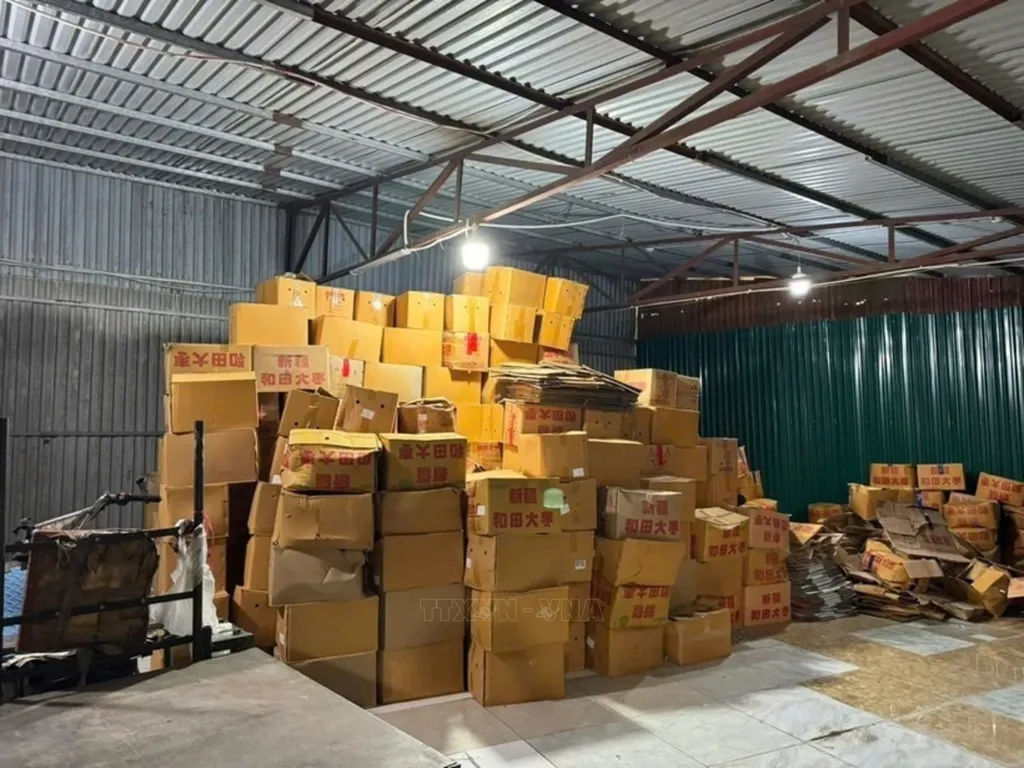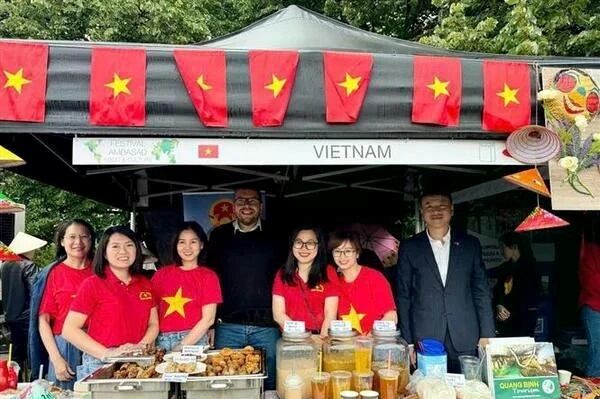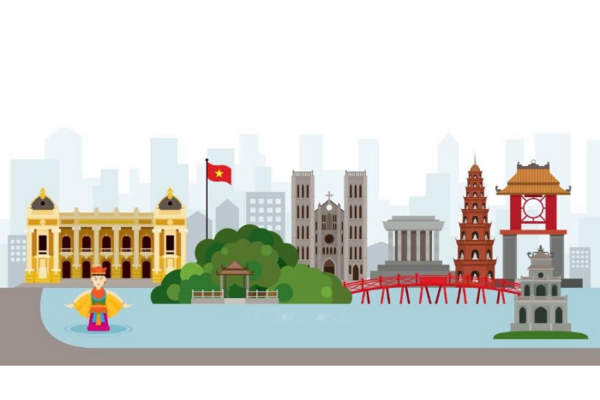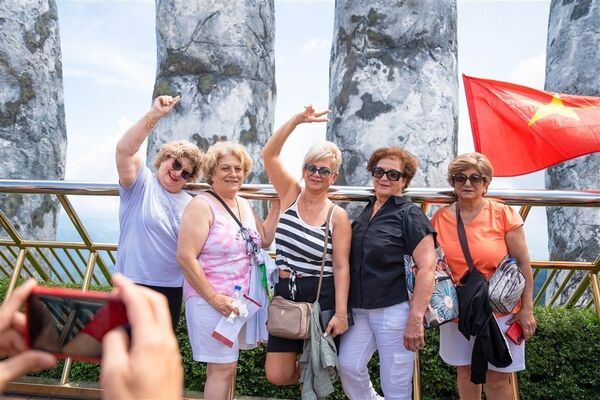 |
| Over 4 tonnes of dried red dates of unclear origin seized by authorities. (Photo: VNA) |
Hanoi (VNA) – Amid a surge in counterfeit and smuggled goods, efforts by law enforcement forces are crucial, but businesses themselves must also proactively protect their brands and forge strong connections with consumers. Equally important is the active role of consumers in shaping a clean, transparent marketplace.
The nationwide crackdown on counterfeit and illicit goods has become a focal point, with authorities targeting key sites and trading hubs to restore consumer trust and uphold market discipline. Supporting the government’s efforts, Do Viet Tung, external affairs director of LEGO Group, praised the bold actions and expressed hope for an end to the production and trade of counterfeit goods. He stressed that this campaign is vital to protect legitimate businesses and safeguard consumer rights, particularly for foreign investors operating in Vietnam, such as LEGO.
Vu Thi Huyen, a legal representative for the anti-counterfeiting organisation React in Vietnam and Director of THB LAW, noted that the decisive directions from the Government and engagement of ministries and local authorities have rekindled and strengthened public confidence in the law. Early successes in the campaign stand as a clear government commitment to building a fair, modern business environment and restoring consumers’ trust in a “clean” marketplace.
Echoing this sentiment, economist Vo Tri Thanh asserted that a truly sustainable economy depends on consumer confidence in the authenticity of goods in circulation. He warned that unchecked counterfeit goods can severely damage consumer trust, potentially causing them to doubt even reputable brands and harming honest businesses.
Nguyen Ngoc Luan, Director of the Global Trading Connection Company Limited, the fight against counterfeiting goes beyond handling violations; it must aim to create a transparent, sustainable market environment, where genuine enterprises are protected, foreign investors feel secure, and consumer interests are safeguarded.
From a legal and business perspective, lawyer Bui Van Thanh, head of the New Sun Law Office, argued that protecting a brand begins with proactive measures by businesses themselves – retailers, suppliers, and every link in the supply chain.
Beyond trademark registration, he recommended that companies focus on promoting their brands through accurate product information, supply chain traceability, and reinforcing brand presence in consumers’ minds.
Businesses, he said, should embrace digital technology – from blockchain to verification codes and anti-counterfeiting techniques – to build a “digital shield” that helps consumers easily identify genuine products.
Authorities, meanwhile, should intensify public awareness campaigns to equip consumers with the tools to distinguish real from fake. After all, vigilant consumers are a powerful line of defence, capable of cutting off the demand for counterfeit goods.
Choosing reputable brands with clear origins is the best way for consumers to protect themselves, Thanh said.
The fight against counterfeiting cannot rest solely on the shoulders of law enforcement or businesses. A healthy, transparent marketplace requires the coordinated efforts of three key players: the State, which establishes and enforces legal frameworks; businesses, which proactively protect and promote their brands; and discerning consumers, who refuse to support counterfeit goods. Only when all three forces act together can market confidence be firmly built and sustained – safeguarding not just individual rights, but also laying the foundation for a robust and sustainable economy./.










